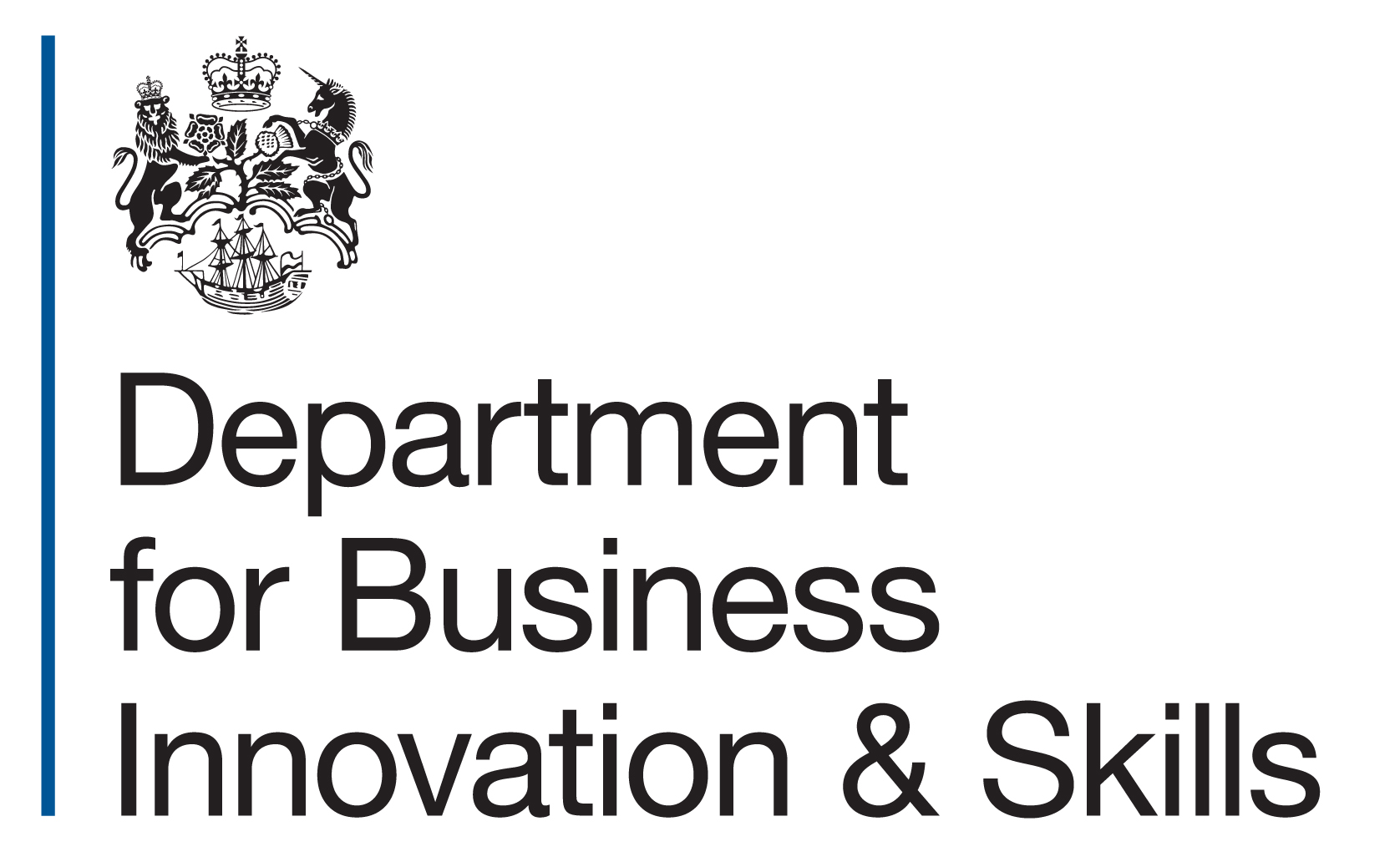UK Digital Economy Minister Ed Vaizey has announced the creation of a new free online training course designed to help members of the legal and accountancy professions develop the skills they need to protect themselves and their clients from cyber attacks.
The new course, developed by Government and private industries, will enable lawyers and accountants to advise their clients on cyber matters. This will help UK businesses protect themselves from information breaches and other threats that could potentially cost them millions of pounds.
FREE Webinar on Oct. 21 at 3:30pm EDT: The Top 3 Threats to Retail IT Security and How You Can Defend your Data
The course will help increase participants’ awareness of common cyber risks and threats they may encounter in the workplace and how they can go about to both prevent and deal with them. It also provides advice on how to safeguard digital information and how to raise awareness of cyber issues amongst clients, as well as illustrates the ways to deal with information breaches in the workplace.
Provided below are a few comments collected from Government officials, lawyers, and other interested parties.
Minister for the Digital Economy Ed Vaizey:
“Members of the legal and accountancy professions deal with sensitive client information on a daily basis and can therefore be targeted by cyber-attacks.
“The new course we are launching makes cyber security part of the day job for lawyers and accountants. It provides members of both professions with tailored and relevant guidance on how they can better protect themselves and their clients from cyber threats. It’s essential Government and industry work together to protect UK companies from online attacks that can cause millions of pounds worth of damage.”
Law Society deputy vice-president Robert Bourns:
“Cyber crime has the potential to compromise both clients’ and solicitors’ sensitive data. Training to raise awareness and understanding for all involved is an important part of protection. That is why we are supporting our members by providing this training package, developed in partnership with the Government and other professional bodies.
“As well as undertaking this essential training, I urge solicitors to take part in the Cyber Security Information Sharing Partnership, which shares cyber threat and vulnerability information in a secure online environment.”
Martyn Jones, Immediate Past President of ICAEW:
“ICAEW is committed to helping companies develop robust cyber security processes and has been working with and supporting government initiatives in this area for the last two years. Cyber security threats are a tremendous potential risk to business, in particular small- and medium-sized companies.
“Much of the risk centres on behaviour and ensuring employees do the right thing. This new training will help accountants become more knowledgeable and confident to support their clients in reducing risks and increasing their cyber hygiene.”
The new online course is funded by the Government’s five-year, £860 million National Cyber Security Programme to make the UK one of the safest places in the world to do business online. The programme aims to improve cyber security skills at all levels and work with associated professions to make industry more resilient to cyber-attack.
It also complements other e-learning initiatives being launched by Government to help micro, small and medium-sized enterprises. This includes the Responsible for Information course, available online from today, by The National Archives. It provides guidance to small companies on how they can better protect their data and get to grips with the risks associated with information security.
About the Department for Business, Innovation & Skills
 The Department for Business, Innovation & Skills (BIS) is the department for economic growth. The department invests in skills and education to promote trade, boost innovation and help people to start and grow a business. BIS also protects consumers and reduces the impact of regulation.
The Department for Business, Innovation & Skills (BIS) is the department for economic growth. The department invests in skills and education to promote trade, boost innovation and help people to start and grow a business. BIS also protects consumers and reduces the impact of regulation.
The opinions expressed in this post belongs to the individual contributors and do not necessarily reflect the views of Information Security Buzz.



